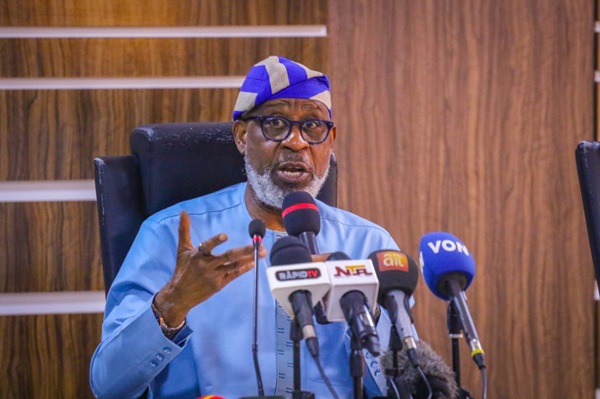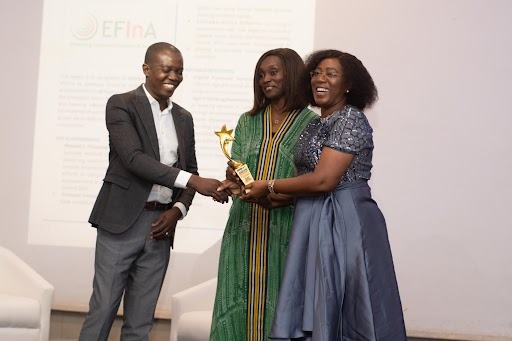Place your adverts here on InfoDig @ low rates; banner ads, sponsored links and guest articles etc. Contact us
The World Health Organization (WHO) has raised concerns over the increasing number of people living with hearing loss in Africa, projecting that the figure could rise to 54 million by 2030 unless immediate actions are taken.
According to a report published by the UN health agency on Monday, the number of people currently living with hearing loss in Africa stands at 40 million, with the issue costing the continent $27 million annually due to its significant impact on individuals and economies.
The report highlights how hearing loss disproportionately affects poor and vulnerable populations across the continent, contributing to existing health service inequalities.
According to WHO, untreated hearing loss in children can lead to serious developmental consequences, including delays in language development, which increases the risk of poor educational outcomes and limits career prospects. For adults, untreated hearing loss often results in isolation, loneliness, and a higher risk of depression and dementia.
Shortage of specialists in Africa
One of the primary drivers of the increase in hearing loss in Africa, according to the report, is the severe shortage of ear and hearing care (EHC) specialists. The uneven distribution of the available workforce is another contributing factor, as many specialists are concentrated in urban areas, leaving rural populations underserved.
“For example, more than 56% of African countries have just a single ear, nose and throat (ENT) specialist for every million people, whereas in Europe, it is roughly 50 per million,” the WHO stated in the report. Additionally, more than 75% of African countries have fewer than one audiologist and speech and language therapist for every million people.
Access to hearing aids
The WHO also highlighted the low access to hearing aids in the region. While an estimated 33 million Africans could benefit from hearing aids, only about 10% have access due to the lack of financing for EHC services, leading to high costs for patients.
The report pointed out that in children, up to 75% of hearing loss in low- and middle-income countries is preventable, often resulting from infections, common ear diseases, and birth complications. However, many countries do not have systems in place for routine hearing screening for newborns.
“Even in countries with EHC programmes, related interventions are not integrated into school and workplace health programmes or healthy ageing programmes,” WHO explained, emphasizing that the lack of national policies and the low implementation of EHC services further hinder progress.
Recommendations
The WHO provided several recommendations, urging countries to use the findings to galvanize action at the highest level. It called for increased advocacy for policies centered on EHC, along with the integration of EHC services into existing health programs to make better use of resources.
Governments were also encouraged to explore public-private partnerships to strengthen the provision of hearing care services.
The report further emphasized the need for dedicated financing to equip healthcare facilities, deliver hearing care products and technologies, and ensure that patients receive the care they need.















 English (US) ·
English (US) ·